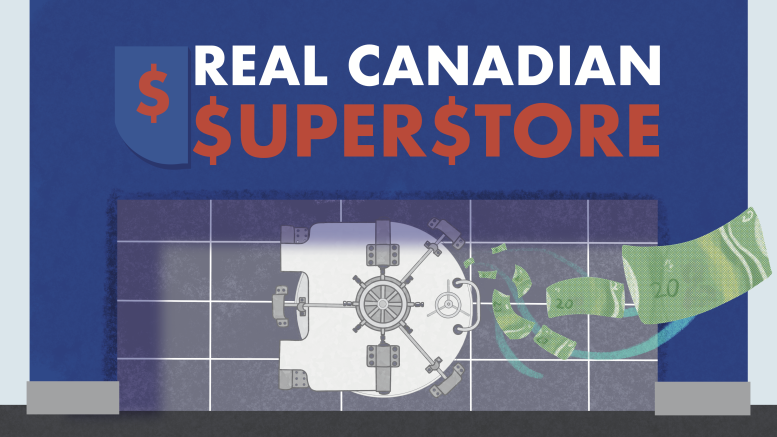While strolling the trenches of the grocery aisles, I am comforted by my rows of emergency soup cans, beans and chickpeas not-so-neatly piled up in my pantry. Grateful for stocking up on these staples, I always think, “just in case I go broke.”
The reality is that many Canadians feel a sense of impending doom due to the rising costs of living. It is not just my personal struggle, it is a pervasive issue echoed across campuses and communities. And Canadians are actually doing something about it.
A survey conducted by Academica Forum showed that an alarming proportion of Canadian post-secondary students rely on food assistance. Last year, 24 per cent of domestic students and 49 percent of international students disclosed their dependency on food supports such as food banks and soup kitchens. During that same year, the University of Manitoba food bank saw over 600 students seeking assistance monthly, an increase from the typical 100 to 200 students per month.
The student plight is a slight peek into a larger national crisis, where Canadians feel the pinch of empty wallets, and their rumbling stomachs hungrily anticipate a modest bowl of chickpeas.
In response to rising costs, a group of Canadians have decided to boycott Loblaw-owned grocery stores.
In November of 2023, Emily Johnson launched the Reddit community r/loblawisoutofcontrol to discuss food prices in Canada, particularly at Loblaw-owned stores.
Initially, a place to share memes and vent, by January 2024, discussions shifted toward a boycott in response to Loblaw’s significant profits — $459 million in the first quarter alone, a nearly 10 per cent increase from the previous year.
The community grew rapidly and collectively decided to boycott Loblaw in May — then indefinitely.
While Loblaw has agreed to sign the Grocery Code of Conduct, CEO Per Bank insisted the choice to sign is unrelated to the boycott. However, Loblaw’s commitment depends on Walmart and Costco also signing. Until then, progress remains stalled.
The Grocery Code of Conduct aims to ensure market transparency and fairness, potentially impacting food prices across Canada.
But it’s not just food eating at our wallets. Public concern has also grown over second-hand stores, particularly the major outlet Value Village. Shoppers have been posting pictures online, showcasing shocking price markups on second-hand goods compared to their original prices when new — another display of corporate greed adding fuel to the fire.
Additionally, a 2023 Academica Forum survey shows that an overwhelming number of students are feeling crushed by the cost of housing. The housing market in Canada has been spiralling out of control, showing little sign of improvement.
It points to a larger issue. Across the board, we are dealing with the impact of what some experts call “greedflation.” Greedflation is a term describing a post-pandemic phenomenon where companies can raise prices and expand profits under the guise of inflation.
Experts haven’t settled on whether greedflation is a reality, but the boycott clearly shows Canadians are frustrated with skyrocketing prices and are eager to take action.
There is a skeptical buzz surrounding the Loblaw boycott in major news coverage and in the digital pits of Reddit. But I, and many like me, believe the Loblaw boycott is a success on many fronts.
It has sparked a nation-wide conversation, highlighting that this is a collective issue. It caught the attention of Loblaw’s CEO and led to a meeting between him and Johnson. Whether related or not, Loblaw has agreed to sign the Grocery Code of Conduct.
While I do share doubts about the long-term economic impact on Loblaw, for some, the main point of the boycott is to deal a financial blow to the company. I fear this may lead to disappointment if the boycott does not significantly dent Loblaw’s profits.
But even if it does not, so much is still being accomplished. We are witnessing the first step toward a nationally cultivated goal – affordable living.
While we maintain pressure on Loblaw, we should also turn our attention to the government for action. While the boycott against Loblaw underscores the power of collective action in challenging corporate greed, it also highlights the urgent need for government intervention to ensure fair prices and affordable living for all Canadians.


